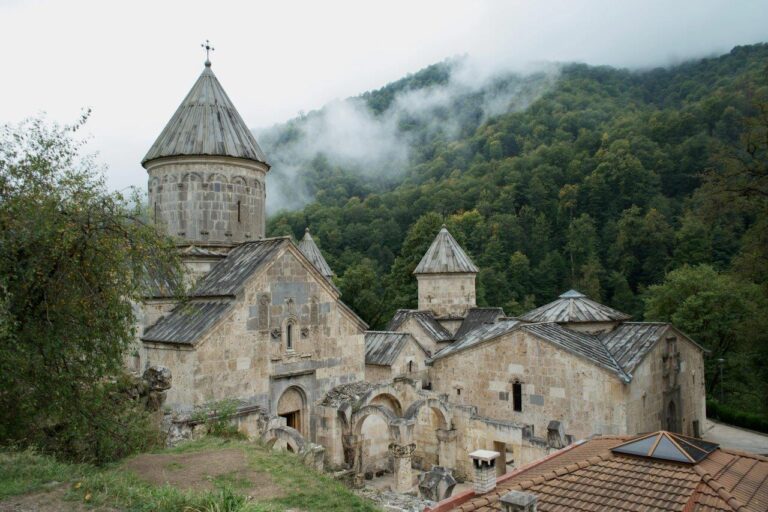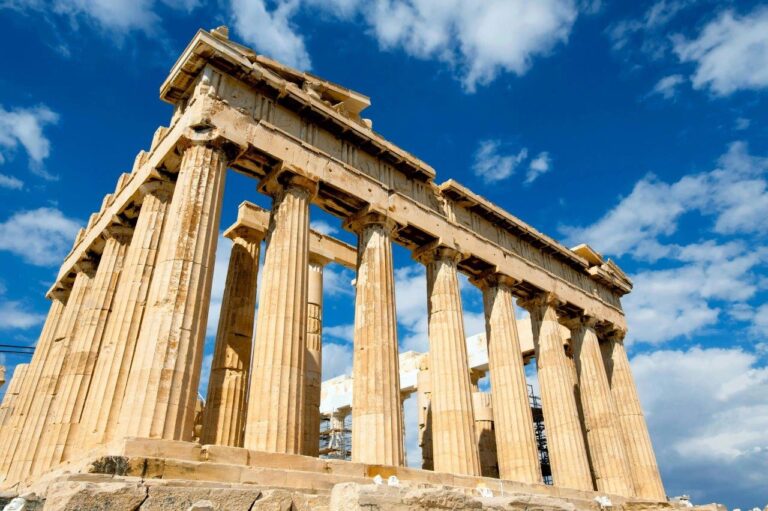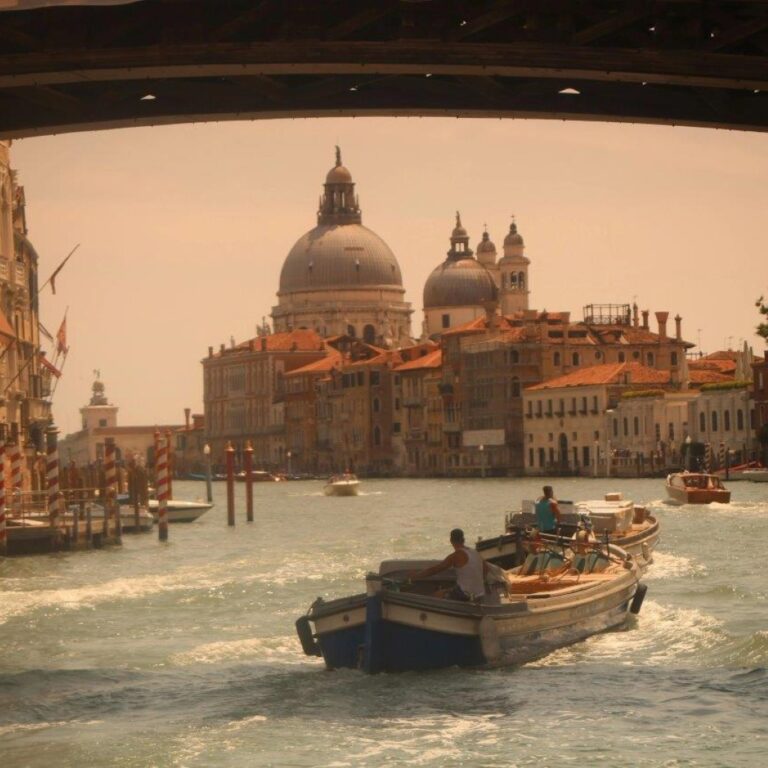Armenia was the first country in the world to adopt Christianity as its state religion, which it did in 301 AD.
The Armenian alphabet, created in 405 AD by Saint Mesrop Mashtots, is unique and consists of 39 letters.
Armenia is home to Mount Ararat, a symbol of national identity, which is traditionally believed to be the resting place of Noah's Ark.
Yerevan, the capital of Armenia, is one of the oldest continuously inhabited cities in the world, founded in 782 BC.
The country is famous for its ancient monasteries, including the UNESCO-listed Geghard Monastery and the iconic Khor Virap Monastery.
Armenia is known for its traditional music, which includes the use of the duduk, a woodwind instrument that is a UNESCO-recognized cultural heritage.
The country has a rich tradition of winemaking, with evidence of wine production in the region dating back over 6,000 years.
The Armenian Genocide Memorial in Yerevan is a significant site, commemorating the victims of the 1915 genocide.
Armenia is a mountainous country, with over 90% of its territory lying above 1,000 meters (3,280 feet) above sea level.
The apricot is considered the national fruit of Armenia, and the country is often referred to as the 'Land of Apricots.'
The Armenian Apostolic Church is one of the oldest Christian denominations in the world.
Armenia has a strong tradition of chess, with the game being a compulsory subject in schools since 2011.
The country is home to the world's oldest known leather shoe, which was discovered in a cave in 2008 and is over 5,500 years old.
The Armenian language is part of its own unique branch of the Indo-European language family, distinct from other languages in the region.
Lake Sevan, located in Armenia, is one of the largest freshwater high-altitude lakes in the world and a popular destination for both locals and tourists.


